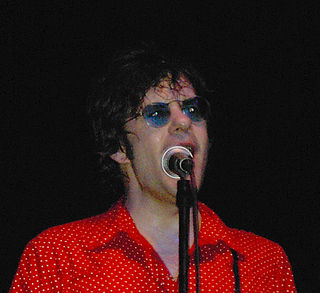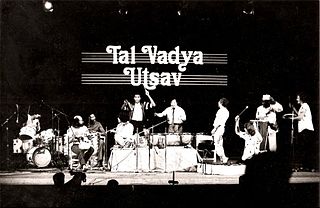A Quote by Stanley Kunitz
Rhythm to me is essentially what Hopkins called the taste of self. I taste myself as rhythm.
Related Quotes
All life requires a rhythm of rest. . .
There is a rhythm in the way day dissolves into night, and night into morning. There is a rhythm as the active growth of spring and summer is quieted by the necessary dormancy of fall and winter. There is a tidal rhythm, a deep, eternal conversation between the land and the great sea.
Whether I'm performing or directing, I'm aways thinking about rhythm; sometimes it's nailing the right rhythm, and sometimes it's intentionally breaking the rhythm. Those two things are what make something funny or not. How long a shot is and where you put the camera are all part of that rhythm of directing.
A good taste in art feels the presence or the absence of merit; a just taste discriminates the degree--the poco piu and the poco meno. A good taste rejects faults; a just taste selects excellences. A good taste is often unconscious; a just taste is always conscious. A good taste may be lowered or spoilt; a just taste can only go on refining more and more.






































